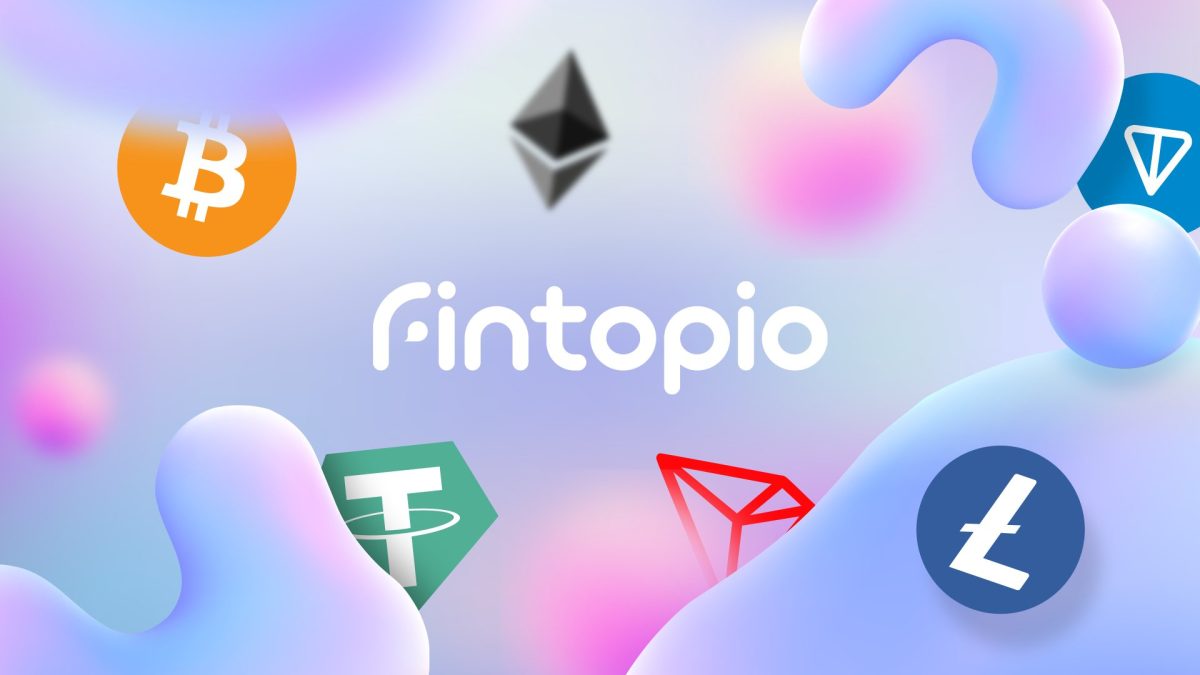Inside the Polkadot network and ecosystem with Rob Habermeier

Episode 46 of Season 3 of The Scoop was recorded remotely with The Block’s Frank Chaparro and Rob Habermeier, co-founder at Polkadot.
Listen below, and subscribe to The Scoop on Apple, Spotify, Google Podcasts, Stitcher or wherever you listen to podcasts. Email feedback and revision requests to [email protected].
This episode is brought to you by our sponsors Eventus, Kraken, and Exodus
Eventus is the leading global provider of multi-asset class trade surveillance, transaction monitoring and market risk solutions. Eventus offers a powerful, award-winning trade surveillance platform that is easy to deploy, customize and operate. Eventus is proven in the most complex, high-volume and real-time environments and supports many of the industry’s leading crypto exchanges including Coinbase, Gemini, ErisX and OSL. The company’s rapidly growing client base relies on Eventus’ responsive support and product development teams to overcome its most pressing regulatory challenges.
About Kraken
Whether you’re an experienced crypto trader or just starting out, Kraken has the tools to help you achieve financial freedom. With 50+ cryptocurrencies to choose from, industry-leading security and a wide variety of features to suit any investing strategy, Kraken puts the power in your hands to buy, sell and trade digital assets. Visit Kraken.com to get started today.
About Exodus

As new networks are tapping into Polkadot, its co-founder sees a high-stakes battleground forming over privacy and security.
"You want to create a system which is upgradable which can adapt to new technologies if you want to be able to stay one step ahead of the curve," says Rob Habermeier, who joins The Scoop host Frank Chaparro for a discussion on how exactly DeFi fits into Polkadot, where he sees privacy and security headed, and the hurdles that Polkadot's so-called 'parachains' face in 2022.
Polkadot is still in “very early days”, said Habermeier, in terms of the interoperability of the network’s recently launched parachain functions.
“A lot of this interoperability stuff that's been talked about for a very long time is just coming to fruition now. We're seeing the first parachains, we're seeing the first bridges between ecosystems," he says.
Polkadot's parachains operate by allowing multiple blockchains to branch off their network. Polkadot deployed its first six parachain partnerships via the Kusama network on July 20. “And those are focusing on, for example, DeFi, on smart contracts, on layer 2 scaling, and on identity secure compute using some secure hardware," Habermeier continues.
Habermeier also outlined how Polkadot’s Substrate platform works, on which Compound Labs recently launched a product called Gateway. Substrate works by reordering transactions in a block to suit the needs of DeFi institutions.
“You're not going to have your profits constantly cut into by some aggressive miner who's reordering your transactions or sandwiching them,” Habermeier explained. “What that's going to do is essentially make it more difficult to exploit users who are using DeFi systems.”
Polkadot also expects to be able to create a more secure system by leveraging the security of multiple chains. “One of the main goals of Polkadot is to try to allocate these security resources via market mechanisms to the chains that join the platform. And I think this is going to create a natural pressure towards competitive advantage."
Over time, Habermeier expects Polkadot will become more adaptable and appealing to DeFi and retail investors as the scalability of their proof of stake networks aim to keep fees lower between transactions.
“Having chains that are just simply more scalable, which is one of the things that the migration to proof of stake networks is going to achieve... that's going to open the door and make it more inclusive, where people can just execute more strategies without as much capital behind them.”
During this episode Habermeier and Chaparro also discuss:
- Why Habermeier dropped out of college to build Polkadot
- Where security and privacy is headed with blockchain
- The challenges of finding and procuring talent in the digital asset industry
© 2023 The Block. All Rights Reserved. This article is provided for informational purposes only. It is not offered or intended to be used as legal, tax, investment, financial, or other advice.



